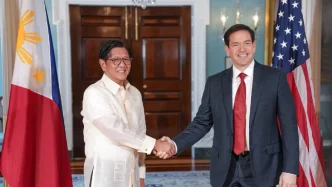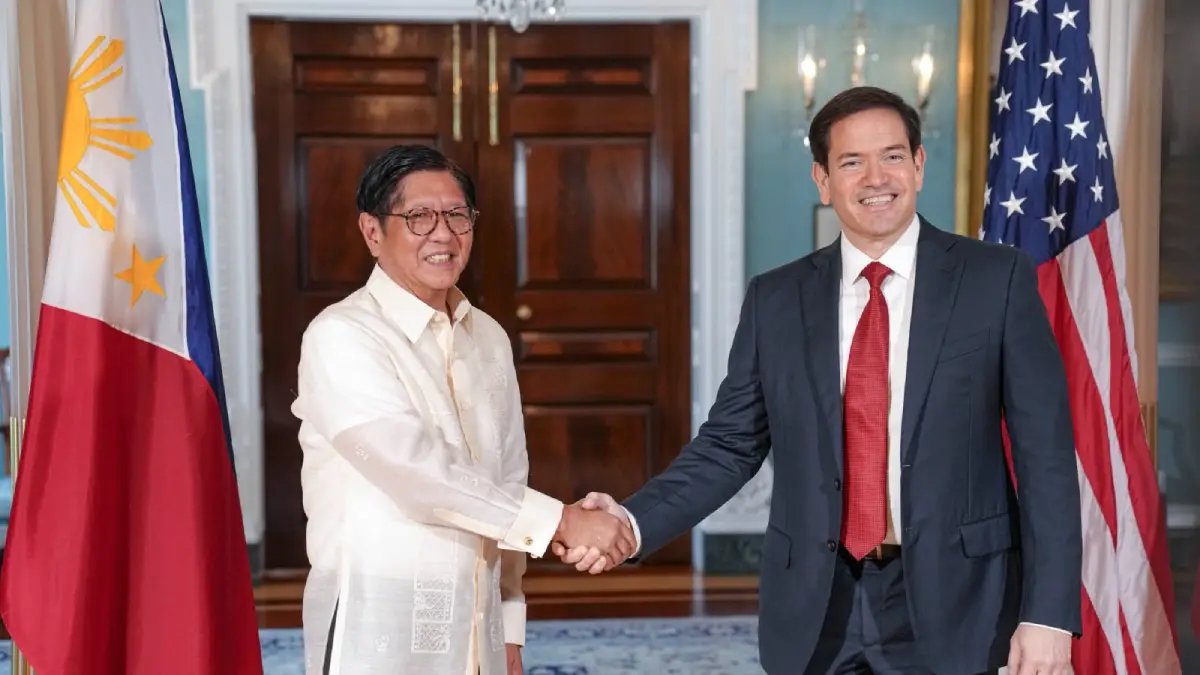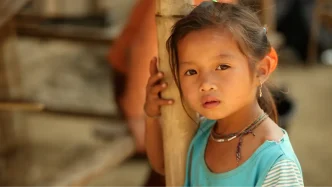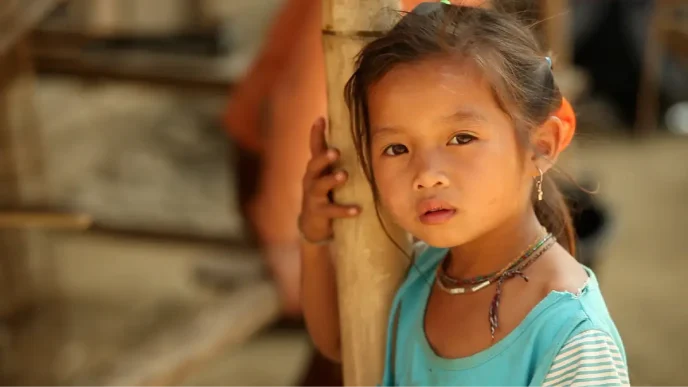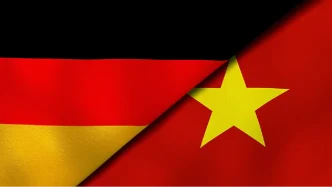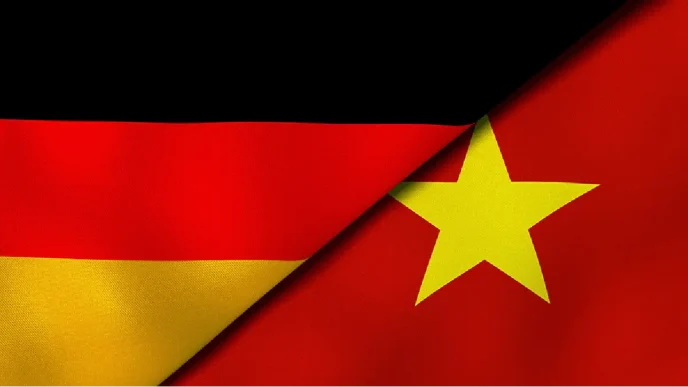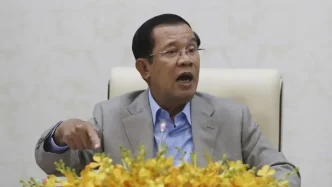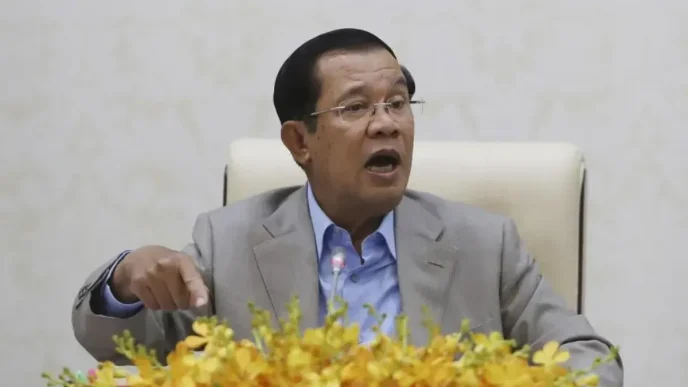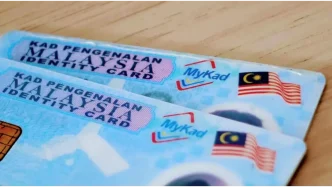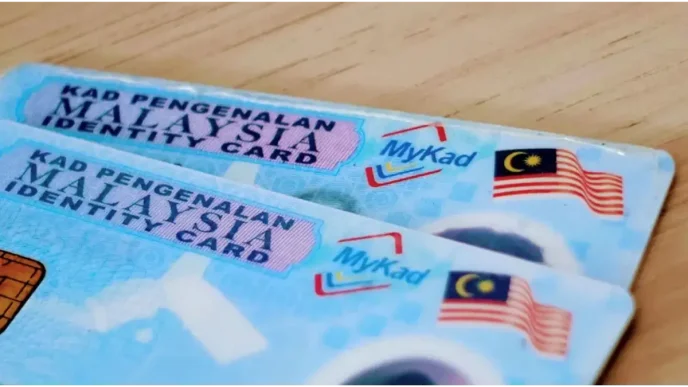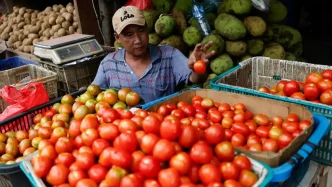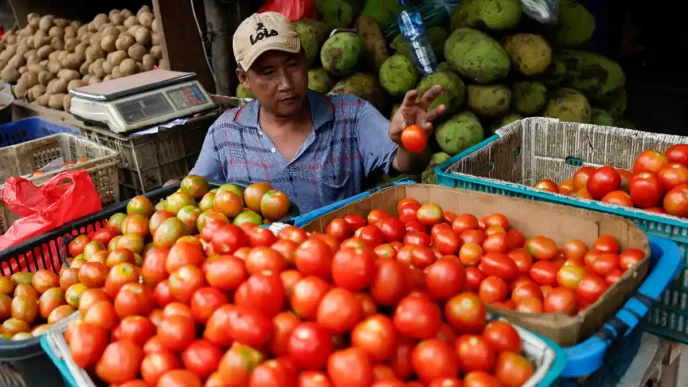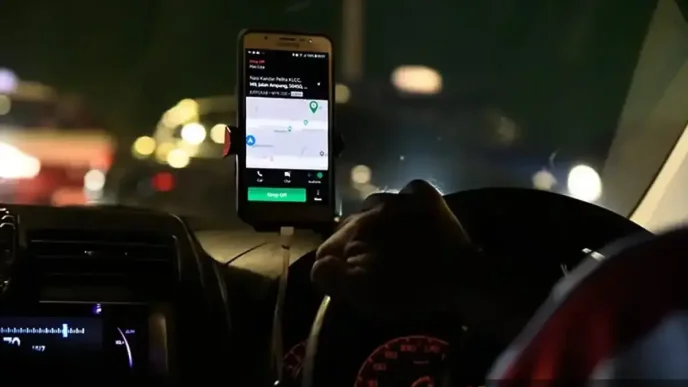Manila is bracing for a significant economic jolt as US President Donald Trump’s administration imposes a 19% tariff on Philippine exports, a move that could disrupt the Southeast Asian nation’s trade balance and exacerbate domestic challenges. At the same time, the country remains gripped by political tension, with the International Criminal Court (ICC) confirming the continued detention of former President Rodrigo Duterte amid ongoing investigations into his controversial war on drugs. These twin developments—economic pressure from abroad and legal battles at home—paint a complex picture for the Philippines as it navigates an uncertain future.
Tariff Shock: A Blow to Philippine Exports
The announcement of a 19% tariff on Philippine goods entering the US market has sent ripples through the country’s business community. The policy, enacted as part of Trump’s broader trade agenda to prioritize American industries, targets a wide range of exports, including electronics, garments, and agricultural products. According to data verified from multiple trusted sources, the Philippines exported goods worth approximately US$11.5 billion to the US in 2023, making it one of the country’s largest trading partners. This tariff could slash export revenues by hundreds of millions annually, a significant hit for an economy already grappling with inflation and post-pandemic recovery.
Analysts see a potential silver lining, however, as the tariff may push Philippine exporters to diversify their markets. Trade officials have hinted at strengthening ties with the European Union, Japan, and neighboring ASEAN countries to offset losses. A report from a trusted regional outlet noted that Trade Secretary Alfredo Pascual emphasized the need for aggressive market expansion to mitigate the impact. While the exact outcomes remain uncertain, this shift could reduce Manila’s over-reliance on the US market, which currently accounts for nearly 15% of its total exports.
Small and medium enterprises (SMEs), which form the backbone of the Philippine export sector, are likely to bear the brunt of the tariff. Many lack the resources to pivot quickly to new markets or absorb the added costs. For instance, garment manufacturers in Cebu, a key export hub, are already reporting tighter margins. The broader economic implications could include job losses and reduced foreign exchange earnings, critical for a nation with a persistent current account deficit. As policymakers scramble for solutions, the tariff underscores the vulnerability of smaller economies to global trade shifts.
Political Undercurrents: Duterte’s Detention
Compounding the economic strain is a high-profile political saga that continues to dominate headlines. The ICC has confirmed that former President Rodrigo Duterte remains in detention as part of its probe into alleged human rights violations during his administration’s anti-drug campaign. Rumors of his release, which briefly circulated on social media, were swiftly dismissed by the court, reaffirming its commitment to a thorough investigation. This development keeps the spotlight on Duterte’s legacy, which remains deeply divisive—celebrated by some for its hardline stance on crime, and condemned by others for its reported excesses.
The ICC’s case centers on allegations of extrajudicial killings tied to Duterte’s war on drugs, which human rights groups claim resulted in thousands of deaths between 2016 and 2022. While the Philippine government under President Ferdinand Marcos Jr. has distanced itself from fully cooperating with the ICC—having withdrawn from the court in 2019—the detention of a former head of state on international soil marks a rare moment of accountability. The court’s latest statement, verified through trusted sources, reiterated that proceedings are ongoing, though no specific timeline for a verdict was provided.
Domestically, Duterte’s detention has polarized public opinion. Supporters argue he is being unfairly targeted by foreign entities, while critics see it as a long-overdue reckoning. The political fallout could influence the Marcos administration’s policies, particularly on human rights and international relations. Some analysts suggest that Manila might face pressure to re-engage with the ICC, a move that could reshape its global standing but risk alienating Duterte’s still-substantial base of loyalists.
Economic and Political Intersection
The tariff hike and Duterte’s legal battle are not occurring in isolation; their combined impact could shape the Philippines’ trajectory for years to come. Economically, the tariff threatens to dampen growth at a time when political stability is crucial for investor confidence. Foreign direct investment, already sluggish due to bureaucratic hurdles and regional competition, may take a further hit if trade disruptions signal deeper vulnerabilities. At the same time, the ICC case distracts from policy efforts to address these economic challenges, as public discourse remains fixated on Duterte’s fate.
Moreover, the tariff could exacerbate social inequalities, a longstanding issue in the Philippines where wealth disparities are stark. Reduced export earnings may limit government revenue for social programs, while rising costs of imported goods—potentially triggered by retaliatory trade measures—could burden low-income households. The Marcos administration faces the delicate task of balancing economic reforms with political optics, ensuring that neither the tariff fallout nor the ICC saga derails its agenda.
On the international stage, these developments test the Philippines’ diplomatic agility. The US remains a key ally, particularly in security matters amid tensions in the South China Sea. Yet, the tariff signals a transactional approach from Washington that could strain bilateral ties. Meanwhile, the ICC case places Manila in a bind—caught between asserting sovereignty and addressing global calls for accountability. How the government navigates these dual pressures will likely define its foreign policy in the near term.
Looking Ahead: Challenges and Opportunities
As the Philippines grapples with the immediate effects of the 19% tariff, attention is turning to long-term strategies. Economists argue that structural reforms—such as improving infrastructure, streamlining export processes, and investing in innovation—could bolster resilience against external shocks. Regional trade agreements, like the ASEAN Free Trade Area, offer a potential buffer, though negotiations often move slowly. The government’s ability to pivot will be critical in determining whether this tariff becomes a catalyst for transformation or a prolonged setback.
Politically, the Duterte case serves as a reminder of the Philippines’ complex relationship with its past. The outcome of the ICC investigation could set precedents for how future leaders approach governance and human rights. For now, the nation watches as legal proceedings unfold, aware that each development carries implications beyond the courtroom.
Amid these intertwined crises, the resilience of the Filipino people remains a constant. From exporters adapting to new realities to activists advocating for justice, there is a palpable determination to weather the storm. Whether these challenges will spur meaningful change or deepen existing divides is a question that looms large over Manila’s horizon.
As the tariff’s economic ripples spread and the ICC case progresses, the Philippines stands at a crossroads. The coming months will reveal whether it can turn adversity into opportunity, or if the weight of these dual burdens will prove too heavy to bear.

